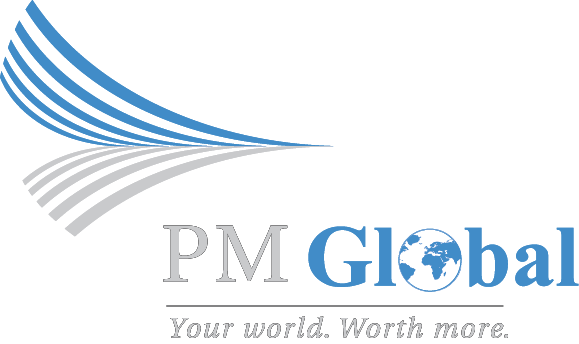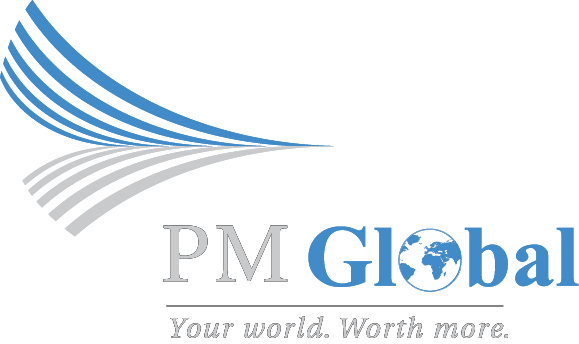
The term “international growth” can incite trepidation into even the most experienced of business leaders, but the U.S. Department of Commerce is working to change that. Each year, the Department organizes an event called the SelectUSA Investment Summit that is dedicated to helping both foreign and U.S. businesses navigate the murky waters of Foreign Direct Investment (FDI). This year’s event provided the networking opportunities, the tools, and the approaches that both investors and business owners needed to take the leap into a new U.S. investment opportunity.
Our Takeaways from the Conference
A handful of our team members were able to attend the Summit, which was held in Washington, D.C. this past June. Not only did we walk away with insight into today’s investment environment and industry trends, but we came back inspired to help our clients reach their goals for growth.
Prabha Srinivasan, Managing Partner of Prager Metis’s Chennai Subsidiary Prager Metis Global Services LLP, attended the conference and knows first-hand how intimidating an FDI project can be. She said that based on her experience and confirmed at the conference, she knows that investors are concerned about, “worldwide structure/ holding patterns, how to employ people in the United States, what registrations are necessary, [and how they can] stay compliant on all fronts – labor laws, benefits, direct and indirect taxes, federal and state regulations.” The presenters took care to address these concerns throughout the conference, and Srinivasan took note of the key points. She plans to use this information when consulting with her contacts in India on how best they can maneuver into U.S. markets.
The three types of presentations we saw at the conference were:
- Practical Advice
Members of national governing bodies like the International Trade Administration, National Institute of Standards and Technology, and the Department of Homeland Security provided practical advice on how to gain entry into U.S. markets. They discussed concerns ranging from potential legal barriers to licensure requirements, to immigration policies. - First-Hand Experiences
Leaders from large multinational companies like Comerica Bank, RSM US, and Village Capital recounted some of their own experiences employing FDI, either in their own companies or on behalf of their clients. - Investment Insights
Representatives from various states, including the Commerce Commissioner of North Dakota, the director of Global Business Development for the South Carolina Department of Commerce, and the executive director of University of Maryland Baltimore County shared their insights into the current investment climate and recounted the opportunities available in their particular states.
Investor Opportunities
The theme of the Summit was, “Invest Here. Grow Here. Succeed Here.” which we thought was very fitting because the aim of the program was to promote growth in the U.S. With FDI, overseas entity owners can deliver resources that are in short supply in the U.S. – whether that be manpower, supply chain control, or business connections – and in exchange can receive what they need – access to the world’s largest free-enterprise market, research and development opportunities, and a variety of reliable funding sources. FDI provides symbiotic benefits to both parties as long as the investment is executed appropriately, and this conference was able to provide insight into how best to do that.
Business leaders and investors looking to participate in U.S. markets have many reasons to do so, but the recent tax reform bill made the option even more enticing.
- Tax Rate Reduction
U.S.-sourced corporate income is now taxed at a low 21%, a competitive rate for developed countries. Foreign entities can feel better about creating a U.S. subsidiary than they had in years past. - Accelerated Depreciation
Bonus depreciation and §179 expensing have both been expanded, creating a low-taxed opportunity to invest in capital expansion on U.S. soil. - Tax Credits
The research and development (R&D) tax credit is now available to more taxpayers thanks to the changes made to the Alternative Minimum Tax (AMT). Foreign investors may want to look into how this tax credit can benefit them if they move developing operations to the U.S.
The benefits to investors reach beyond just the Federal landscape. States are involved in the FDI process, as well. Many of the states sent delegates to the conference to meet with the professionals looking to help inbound investors – professionals like Andrea Fantozzi, CPA, CGMA, CM&AA. Fantozzi, Prager Metis Partner and Italian Group Leader, interviewed representatives from multiple different states while he was at the conference so that he could learn about the credits and incentives they offered to entice capital investment. He hopes he can provide practical solutions to his European clients and can connect two entities’ needs in the process.
Where Should Investors Begin?
While every growing business is unique, one thing is for certain: all are looking to get the most out of their energy and resources. A professional like Fantozzi or Srinivasan can be a great asset for entities looking to expand their operations in the U.S. If your business is considering expanding into the U.S., or if your U.S. company is hoping to benefit from what foreign investors can provide, contact your Prager Metis CPAs today. By working with us, you will be on the fast track to finding the solution that best fits your needs. Here at Prager Metis, we love being able to help you achieve your goals. Fantozzi says it best – he loves being able to “assist companies in making their dreams [of expanding] become a reality.”


